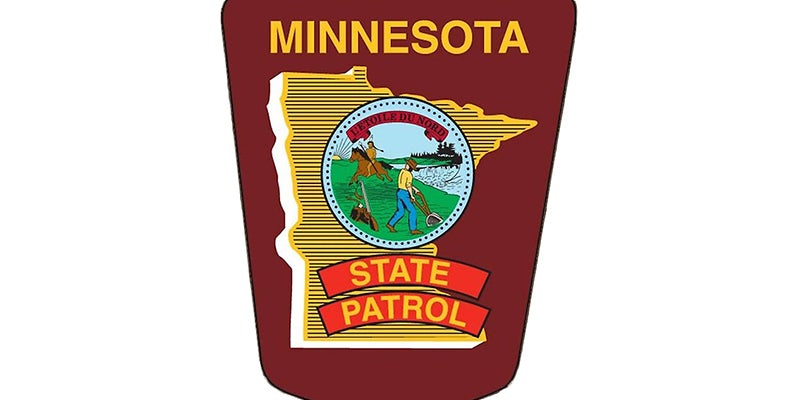Odds favor gambling expansion in Minnesota
Published 10:18 am Friday, April 29, 2011
Back in about February, a representative from the Running Aces horse track up north of the Twin Cities got in touch wanting to talk about the track’s plans for becoming a “racino.”
Like the better-known Canterbury Downs track in Shakopee, Running Aces sees a big growth opportunity if it can add slot machines to its horse racing business. The pitch was that if Minnesota would legalize racinos, it could mean $100 million in tax revenue — not enough to solve the budget crisis, but significantly more than a drop in the bucket. It would, the spokesman said, also mean more jobs.
In other words, it was an “everyone would win” idea.
Everyone, that is, except for those whose gambling problems were fueled by the new opportunity to throw their money away.
Normally, that would have been enough to launch a column or editorial on the evils of gambling, which are many. Or about the hypocrisy of a state that spends considerable money trying to prevent and overcome gambling addictions, but which isn’t averse to feeding some of those gamblers’ dollars into its treasury.
But for all that is wrong about gambling, are we really in a position to say “no” to a revenue source that simply involves letting people make their own decisions about how to spend their entertainment dollars?
Maybe not so much anymore. So the column never got written.
This week, gambling has been in the news again because the majority down at the Capitol, having put itself in the untenable position of balancing the state’s budget without taking in any new tax revenue, is looking at expanding gambling.
It’s a fascinating battle both morally and politically.
For starters, the Republican Party’s platform takes a stand against gambling. But some of the party’s leading voices have advocated expanding gambling and one, former Auditor Pat Anderson, has even signed on as a pro-gambling lobbyist.
Apparently party platforms don’t mean much.
Politically, the issue may be stickier. The idea of privately run and state-taxed gambling horrifies Minnesota’s existing gaming industry which is centered on 18 tribally owned casinos.
The tribes and their employees have been crying foul over the idea of facing competition from private gambling entrepreneurs. But their position is not particularly strong, because the casinos do provide jobs but do not share any of their revenues with the state. This is a sore point with some Minnesotans.
Besides playing the jobs card, the tribal operators’ primary argument against expanded gambling seems to be a threat to start serving liquor at their metro area casinos.
Both of those issues may be sideshows, because the real question whether it makes sense for the state to restrict gambling when, in the view of most people, there’s no reason adults shouldn’t make their own decisions about whether to drop their money in slot machines. If there were no gambling in the state now, then it might be harder to give way to racinos. But Minnesotans can already gamble at Indian casinos, they can gamble on-line and they can gamble on charitable games like pull-tabs.
Interestingly, those who oppose gambling have the most to gain personally from adding racinos, casinos and the like. Those who oppose gambling generally don’t themselves gamble, which means that they’ll avoid a tax that gamblers voluntarily pay.
That is likely to be very small comfort for those who, like me, squirm at the thought of more gambling in the state. But if I were a betting man, I’d wager that we will soon see racinos and more casinos in Minnesota.




